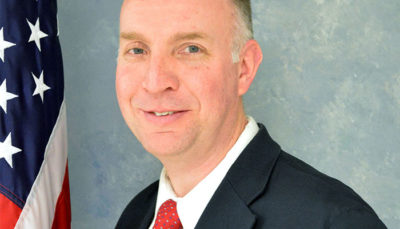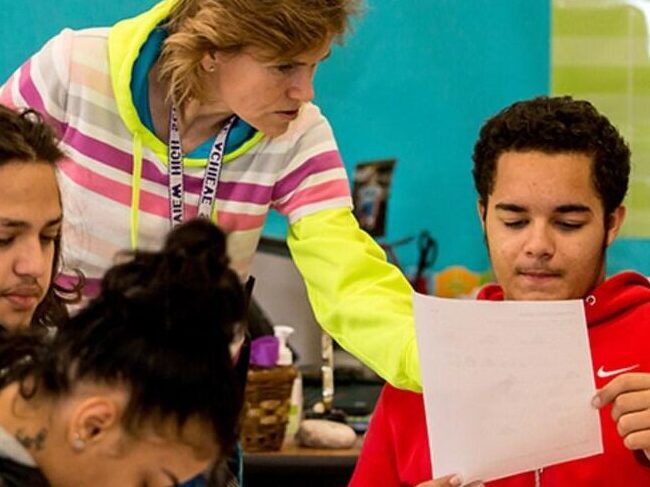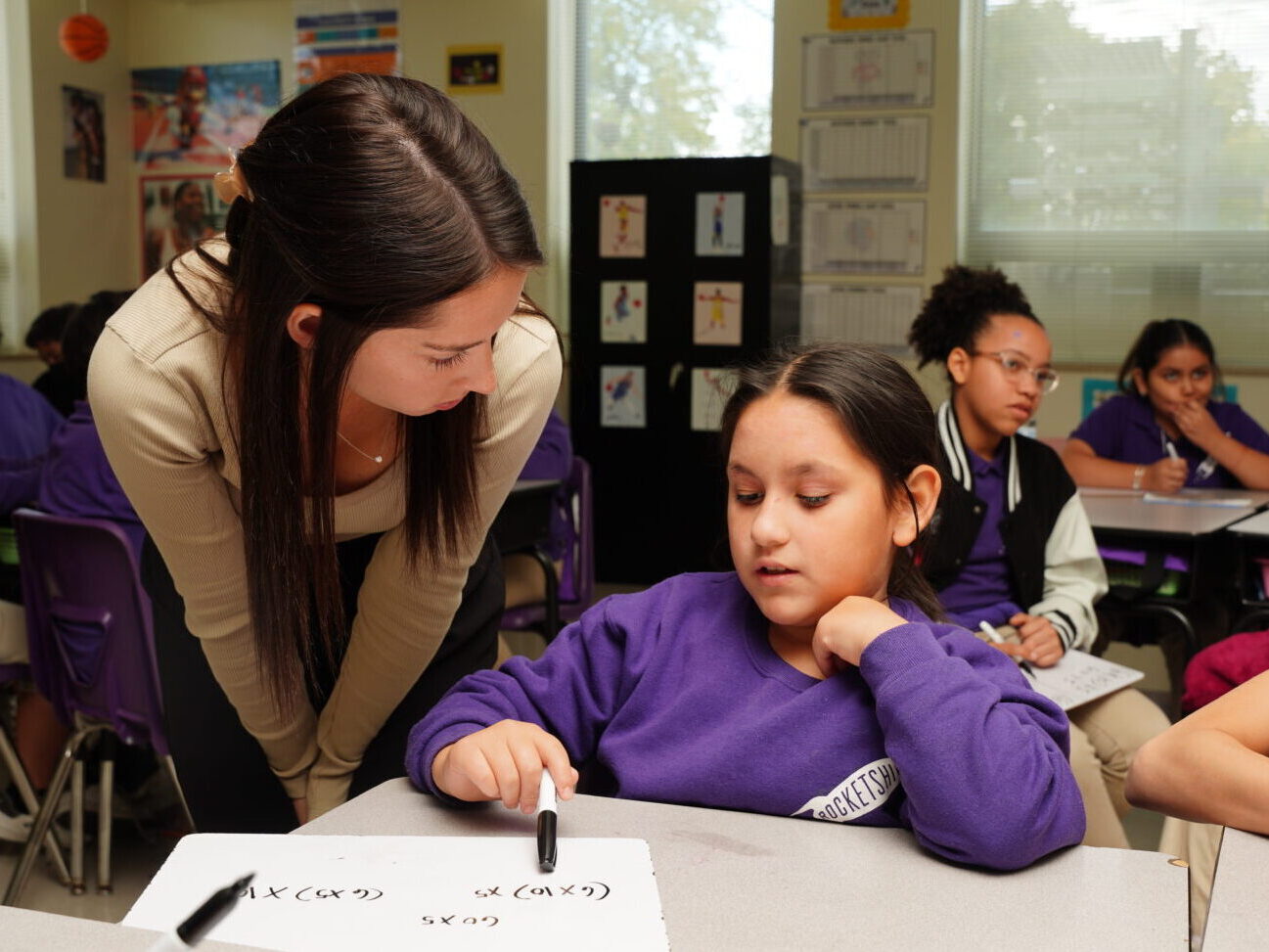Trauma-informed. Results-focused.
Today’s educators care about their students’ social, emotional and behavioral health and well-being. But when faced with challenging or disruptive classroom behaviors, too much of their valuable time is spent on restoring order and keeping students safe — and not enough gets spent actually educating. This is where we can help.
In our more than 20 years of providing mental health in school settings, Wellpoint Care Network has teamed with countless classroom teachers and educational leaders to help create a trauma-sensitive school climate and culture where students from Pre-K through High School can overcome obstacles and adversities of all types and thrive.
Trauma Informed Care Learning Opportunities for K-12 Educators

Wellpoint Care Network’s Trauma Sensitive Schools approach applies decades of research on human development and brain science to help teachers create an environment where all learners can thrive. This process produces meaningful and measurable results, such as:
- Improved student attendance, engagement and academic performance.
- Improved student and teacher mental health.
- Fewer classroom disruptions and altercations.
- Reduced reliance on punitive measures like detention, expulsion and suspensions.
We’re Here Whenever You’re Ready
Trauma-informed training can be a vital for anyone who routinely encounters youth, teens and families who are at a significant crossroads in life. Whatever role you play, the ones you serve will benefit from the tools, resources and best practices our Trainers and Consultants provide.
Speak directly with a helpful representative
Call us today at:
Have a representative
reach out to you
A member of our staff will be in touch by your preferred method of communication.
Register online for an upcoming orientation
See a complete schedule of
virtual, in-person and hybrid
Trauma Informed Care Trainings.
“Most teachers want to learn and grow. Even if they don’t have all the tools yet,
Elizabeth Schuett-Davison, Wellpoint Care Network
there’s a real desire to become more trauma-informed.”
Generating Positive Outcomes for Teachers and Students
Seeds of Health operates five charter schools in the Milwaukee, Wisconsin area that predominantly serve students of color, Spanish-speaking families and low-income communities, where mental health can still be a stigma.
“We’ve seen a lot of our kids suffer because they haven’t been able to have access to mental health services,” says Jodi Weber, Assistant Executive Director at Seeds of Health.
Since becoming a Wellpoint Care Network Certified Trainer herself, trauma-sensitive education is now a standard part of on-boarding for every single staff member.
Staff Attendance Up. Student Altercations Down.
For staff at the Wisconsin Juvenile Justice Center’s Vel R. Phillips School, becoming trauma-sensitive meant embracing the idea of Caregiver Capacity. “This was not a place I wanted to come every day,” says Bekki Crowley, a special education teacher. “This culture shift was a huge win!”
Just two years after implementing principles learned in Trauma Sensitive Schools training, the average number of staff absences fell from 30 days per year to 12, classroom removals were cut in half, and student altercations dropped by 75%.
Direct Support for Students. Tools for Teachers. A Path Forward.
In Wisconsin, 51% of students report experiencing anxiety, and 35% struggle with depression, sadness or hopelessness. For Rocketship Public Schools, addressing these challenges meant rethinking how mental health support was delivered.
After a traumatic incident in 2022, Rocketship began working with Wellpoint Care Network to transform their environment through trauma-sensitive training. They’ve achieved remarkable outcomes — reducing suspensions by 100% and more than doubling staff retention — while supporting students, teachers, and families in powerful ways.
“Our teachers now have the tools to support students with high needs,” says Kadeem Gill, Executive Director, Rocketship Wisconsin. “Seeing individual students use their tools — it’s magical.”

Meet Maria Andrade
The diversity of the work that I do ensures that no day is like any other.

Meet Corey Norlander
Corey Norlander is the Lieutenant of Criminal Investigations at the Sheboygan County Sheriff’s Office. He is…

Meet Sonja Williams, MS, PHR, SHRM-CP
Sonja Williams is an accomplished leader with 25 years of talent optimization and organizational development experience.…



